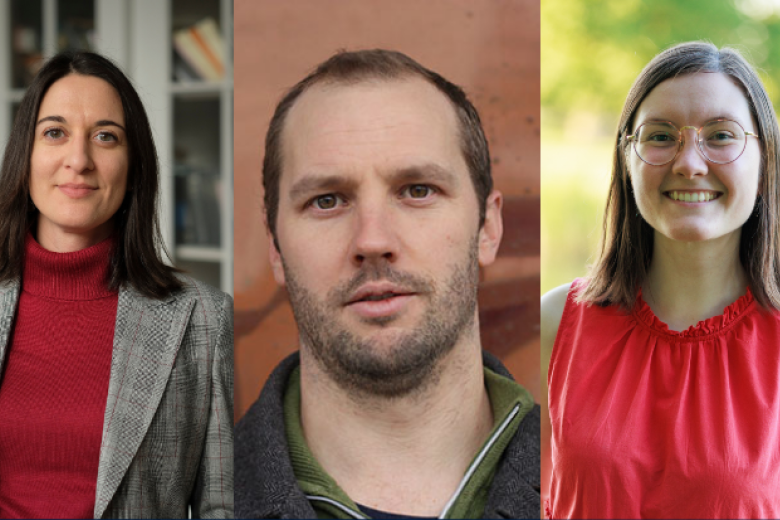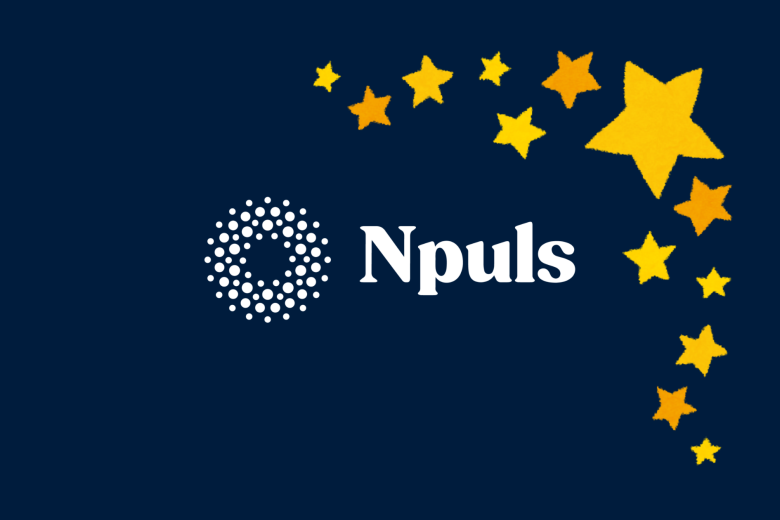Workshop on Circular City Making
In a 2-hour session students have discussed possibilities to create a circular fashion lab and get sustainable findings for Stadslabs Sittard-Geleen. Prof. René Kemp opened the workshop and introduced the moderator: Job Zomerplaag (studio Europa) and speakers: Paulien Strijland (a design specialist and co-founder of Stadslabs Sittard Geleen), and Cedric van Gerwen (a Hogeschool Brabant intern at the Municipality of Maastricht) during the workshop.
Paulien Strijland explained that Stadlabs Sittard-Geleen Stadslab provides an opportunity to connect the local youth and students to senior citizens and strengthen solidarity among and across generations. Currently, there are several initiatives, such as a place for creative activities for children, a bike parking project, a garden project in a multi-cultural neighbourhood with social problems. The workshop aimed to find possible solutions on how Stadlabs Sittard-Geleen can be less dependent on subsidies.
The brainstorming session with the students on “How might we realise sustainable financing and participation?”, resulted in the following solutions: 1. People are a critical resource for the city lab, 2. Study better the incentives that might motivate people to engage more in the city lab, 3. City lab would benefit from (physical) spaces and communication platforms for meetings to provide a breeding ground for such activities, and 4. Alternative funding methods, such as city coins, donations, trading, and sponsoring schemes.
Cedric van Gerwen then illustrated the desire of the municipality to promote circular clothing, a circular fashion lab. The brainstorm session covered: “What actors are needed for what activities and what is needed to make the involvement attractive for them?”
The following ideas were discussed: 1. The emphasis on cloth-making skills would open possibilities such as making carnival clothes made and renting them out. 2. Keeping a wide range for the target group, meaning that the overall population and not only environmentally minded people should be contacted, 3. The Marks & Spencer in the UK approach could be incorporated, and 4. Donations to a person at the Lab give a human touch to the donation, instead of throwing away one’s old clothes in a container.
Also read
-
Anna Herranz-Surrallés, Johan Adriaensen and Odile Felkamp awarded NWO Open Competition M grant
Anna Herranz-Surrallés, Johan Adriaensen and Odile Felkamp have been awarded an NWO Open Competition M grant of €400,000 for their research project “Towards EU economic statecraft? Party-political cleavages on geoeconomic instruments”.

-
SBE researchers involved in NWO research on the role of the pension sector in the sustainability transition
SBE professors Lisa Brüggen and Rob Bauer are part of a national, NWO-funded initiative exploring how Dutch pension funds can accelerate the transition to a sustainable society. The €750,000 project aims to align pension investments with participants’ sustainability preferences and practical legal...

-
Maastricht University receives funding to strengthen its role in national education programme Npuls
We're happy to announce that Maastricht University has been awarded a €80,000 funding to strengthen its involvement in Npuls.
